Ethereum futures open interest at all-time high — Bullish or bearish?
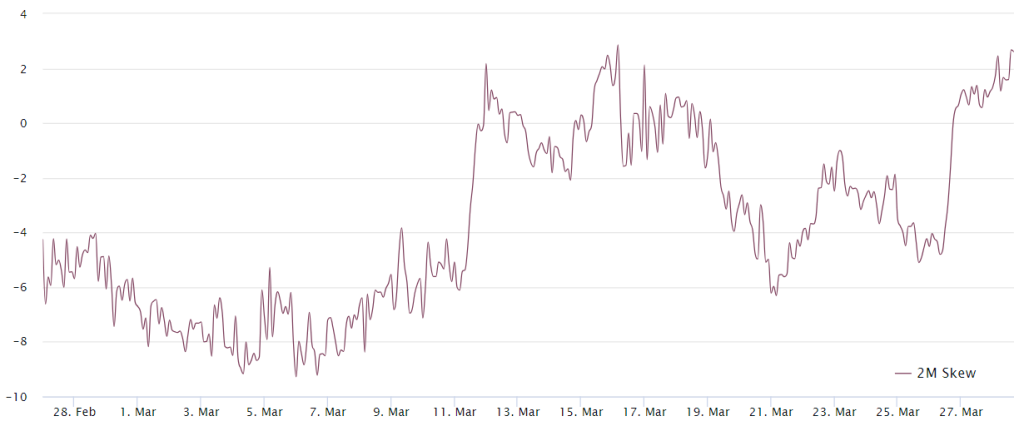
Ethereum futures open reached a new all-time high, calling into question whether ETH can rally to $3,800.
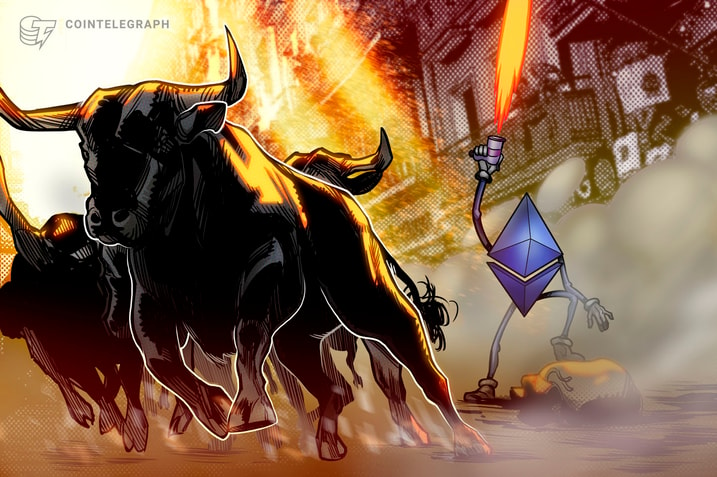
Ether (ETH) has been grappling with the $3,600 level for the past three days, yet it seems traders may have overlooked the fact that the ETH price has soared by 58.8% since February. While some market participants attribute the limited upside to uncertainty surrounding the likelihood of a spot Ether exchange-traded fund (ETF) being approved in the U.S., others contend that the surge in Ether futures open interest indicates strong demand from institutional investors.
Ether spot ETF decision in May is pivotal for Ether’s price
The debate continues over the implications of the indictment by the United States Justice Department against the cryptocurrency exchange KuCoin. On one hand, the indictment is viewed as a negative for the industry due to the resulting tighter regulatory landscape. However, some argue that this event actually improves the prospects for the approval of a spot Ether ETF by May 25, the date by which the U.S. Securities and Exchange Commission (SEC) is expected to issue its final decision.
A complaint filed on March 26 by the U.S. Commodity Futures Trading Commission (CFTC) against KuCoin for illegal trading activities notably identified Bitcoin (BTC), Ether, and Litecoin (LTC) as “digital assets that are commodities,” falling firmly under the CFTC’s jurisdiction. This stance appears to directly challenge the SEC’s assertions that Ether could be considered a security.
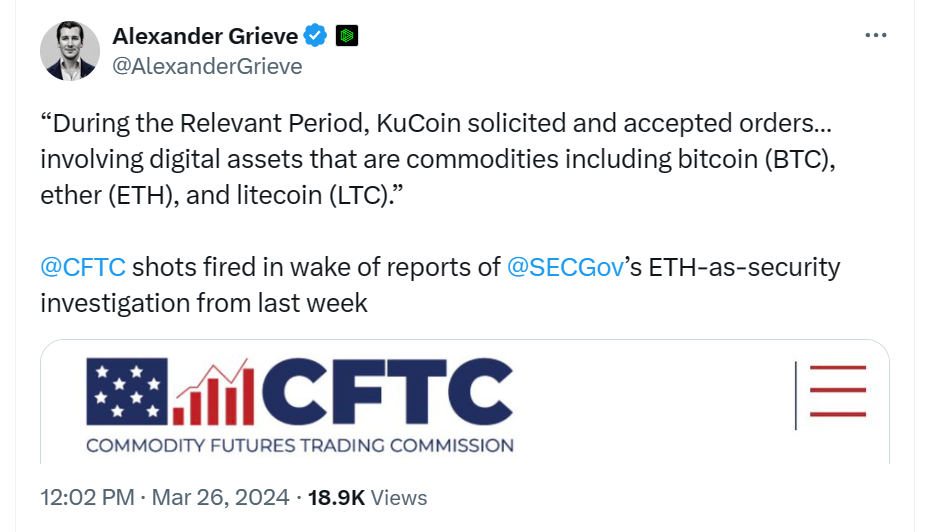
BlackRock CEO Larry Fink remarked in a March 27 interview on FOX Business that listing an Ether ETF could still be feasible even if the asset is classified as a security by regulators, as reported by Unchained Crypto. Meanwhile, in a March 27 update on the X social network, Bloomberg senior ETF analyst James Seyffart reiterated his prediction of a denial in May, noting that the CFTC has recognized Ether as a commodity since at least February 2021, “when they allowed CME Ethereum futures to begin trading.”
The growth of the Ether futures market is undoubtedly a positive development, as increased liquidity, particularly in the regulated Chicago Mercantile Exchange (CME) market, facilitates participation by hedge funds and large asset managers. However, the fact that aggregate Ether futures open interest achieved a new record high on March 28 should not be immediately interpreted as a bullish indicator.
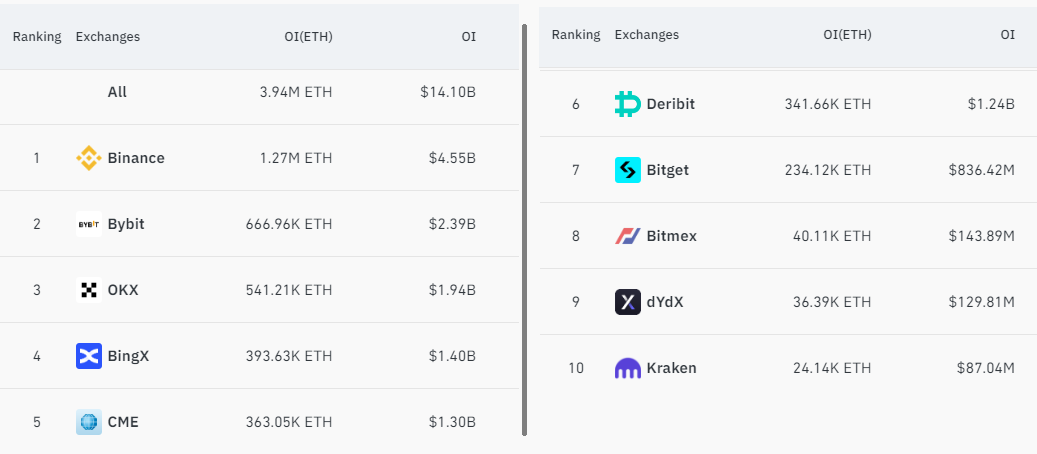
It is important to note that Binance leads the pack, amassing $4.55 billion in ETH futures market positions, with Bybit trailing at $2.4 billion. Meanwhile, the open interest in CME Ether futures currently sits at $1.3 billion. Thus, attributing the recent surge solely to institutional investor interest would be oversimplifying the matter.
Moreover, in every derivatives market, the volume of long positions, those wagering on a price increase, invariably equals the volume of short positions, those betting on a decline. However, the demand for leverage can serve as an indicator of the market’s bullish or bearish sentiment.
Ether derivatives reflect moderate optimism
Perpetual contracts, or inverse swaps, include a rate that adjusts based on the demand imbalance for leverage. A positive funding rate indicates increased demand for bullish leverage positions, whereas a negative rate suggests a preference for bearish positions.

Recent data indicates a rise in the demand for leveraged long positions in ETH, with the current funding rate at 0.04%, or roughly 0.8% on a weekly basis. Typically, rates above 1.2% per week signal excessive optimism, suggesting that traders are presently moderately bullish.
To gauge professional traders’ sentiment more accurately, one should examine data from the Ether options market. The 25% delta skew provides insight into whether arbitrage desks and market makers are charging more for upward or downward protection. Specifically, a skew metric above 7% suggests expectations of a price decline, whereas excitement in the market usually results in a negative skew below -7%.
Related: Covered call options strategy, explained
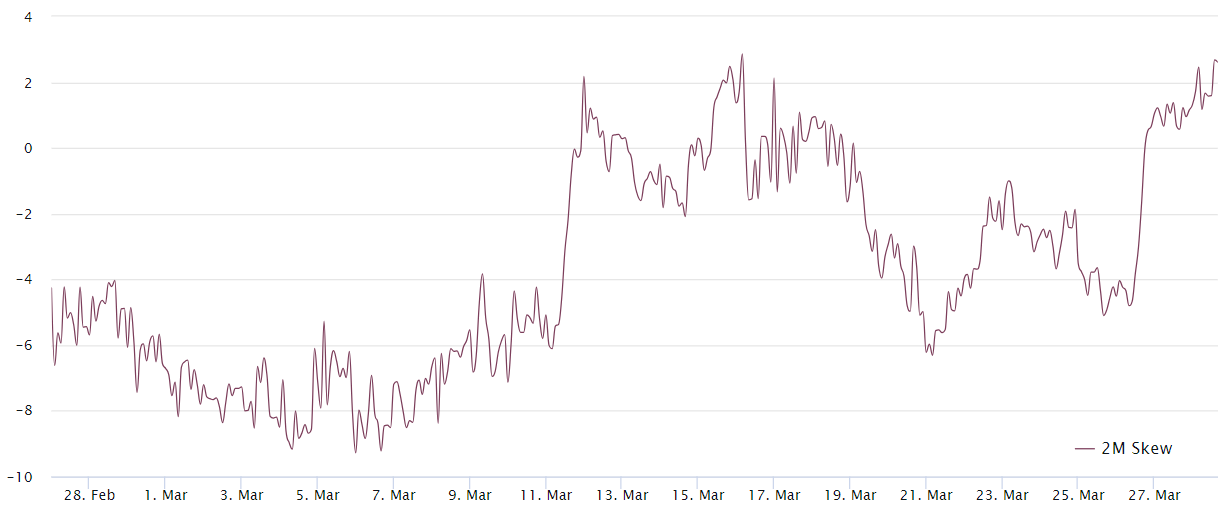
The Ether option delta skew indicates balanced pricing between call and put options, aligning with a neutral market stance. However, a comparison with data from March 21, when the ETH skew metric showed signs of optimism, suggests that traders are now less optimistic about Ether’s potential to surpass the $3,800 mark.

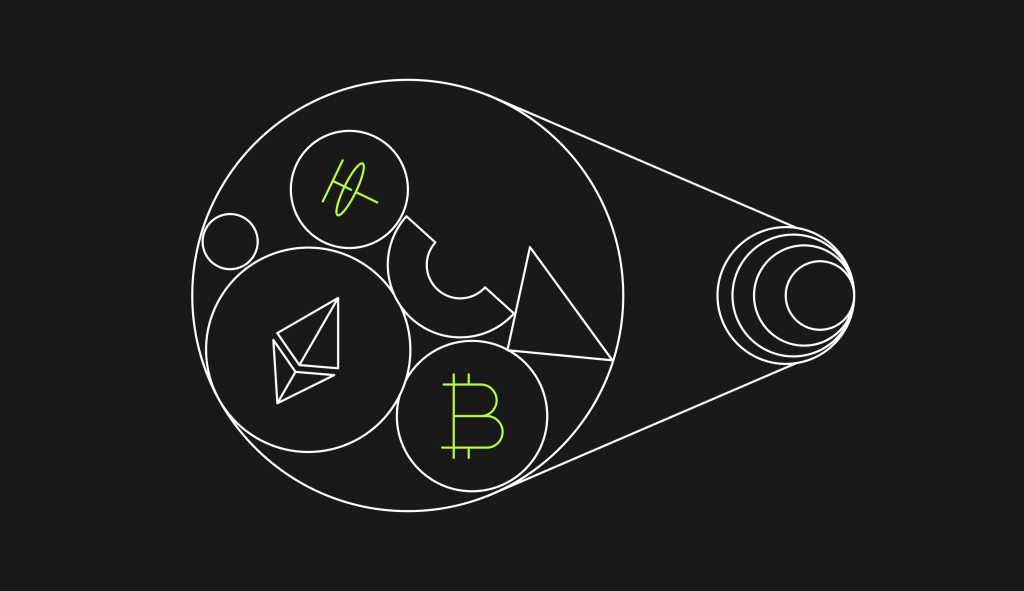
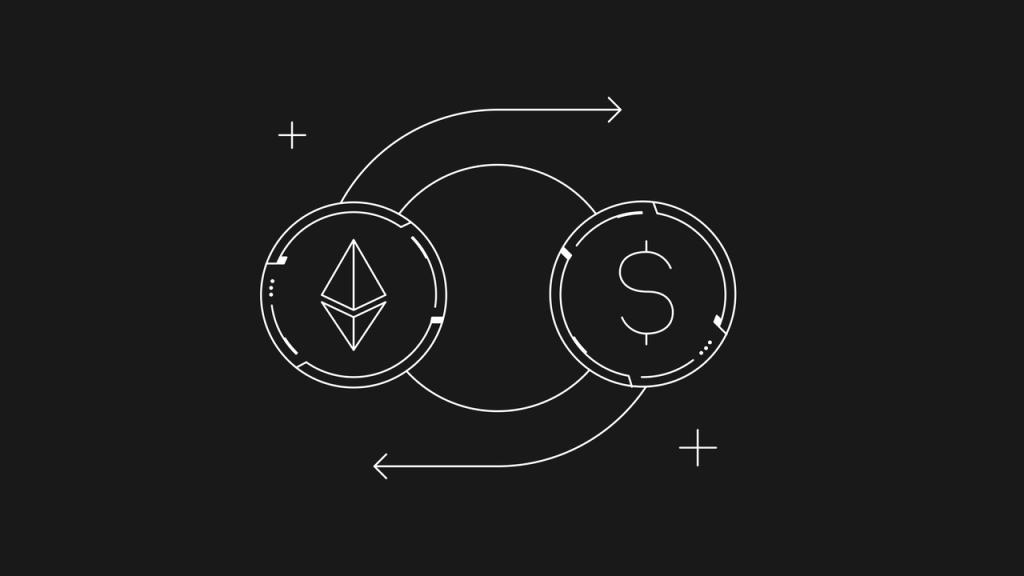

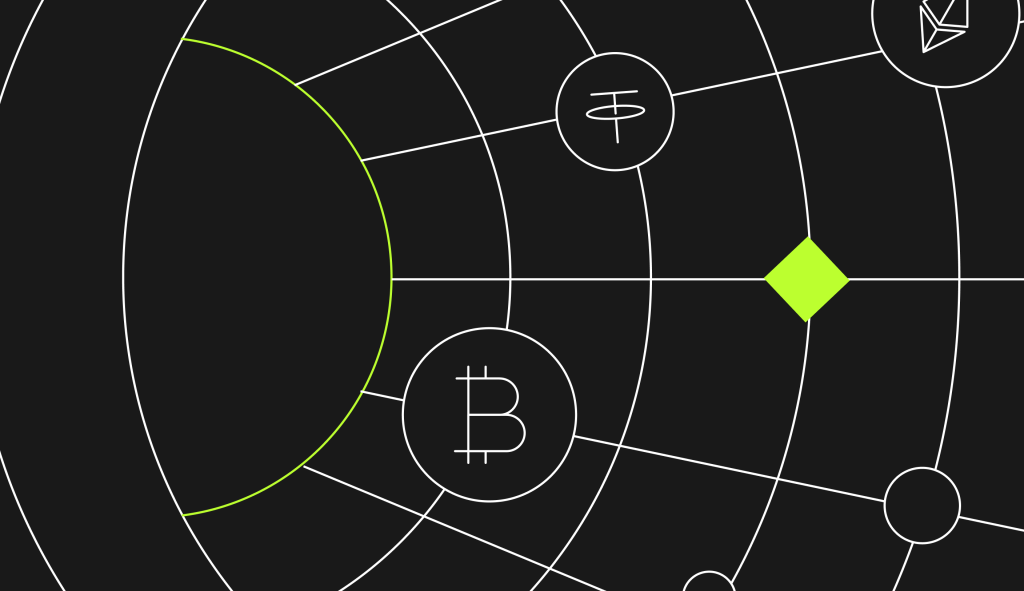
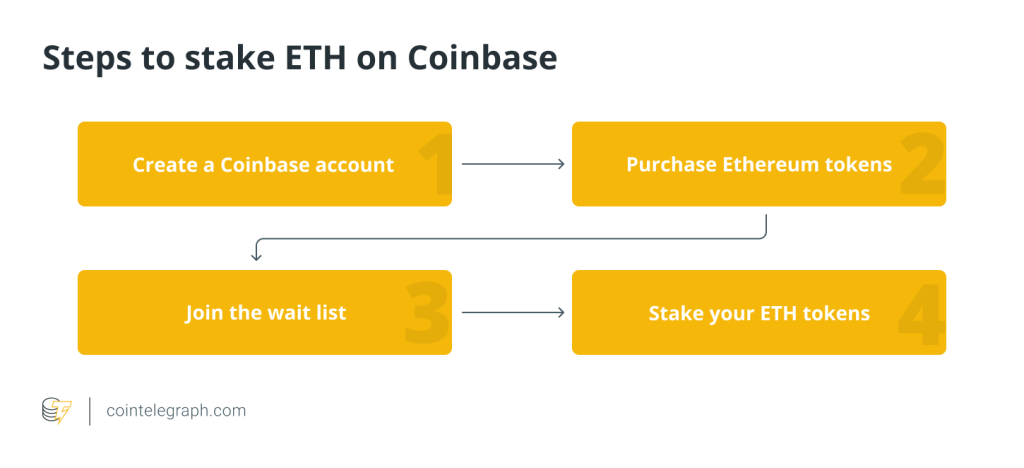
Responses